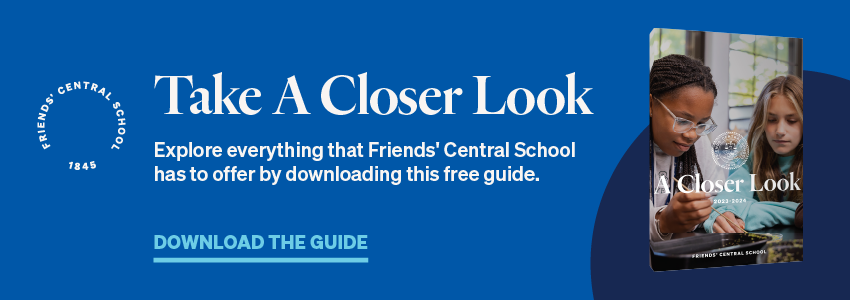Many of us, parents and teachers alike, know that reading fiction is more than just entertainment – it’s a tool for developing essential skills that children will use for the rest of their lives. In addition to being a quiet, reflective pastime, reading fiction helps children succeed academically, socially, and emotionally.
Here’s why fiction is one of the most powerful ways to support your child’s growth, and how you can make reading a fun, meaningful part of their day.
1. Fiction strengthens critical thinking
Some fiction is intentionally written to obscure information, leaving gaps that readers need to fill themselves. This encourages children to ask questions like: What motivates this character? Why did they act that way? What might happen next?
By using context clues, inferring character intentions, and predicting outcomes, children develop critical thinking and social reasoning skills that support learning and everyday problem-solving.
2. Reading fiction aids creativity
Creativity isn’t just innate—it grows when exercised. Fiction introduces children to new worlds, ideas, and ways of thinking. Stories that explore different cultures, time periods, or fantasy worlds encourage imaginative thinking and flexible problem-solving.
Parents can extend this by asking children to create alternative endings, illustrate scenes, or invent additional characters.
3. Reading fiction makes us more empathetic
When drawn into a great story, people connect to characters emotionally and develop authentic understanding and compassion. This capacity for empathy naturally carries over into real-life interactions. Engaging with diverse characters and their experiences helps children recognize perspectives different from their own and apply empathy in relationships and social situations.
“Stories helped our ancestors imagine other lives, plan for possible futures, and agree on cultural codes," writes Stanford psychologist and neuroscientist Jamil Zaki in War for Kindness. "In the modern world, they help in a new way: Flattening our empathic landscape, making distant others feel less distant and caring for them less difficult."
4. All reading builds vocabulary
Fiction exposes children to new words and sentence structures in context. This is one of the most effective ways to build essential knowledge and strengthen writing skills, while also supporting reading comprehension and communication.
A strong vocabulary provides clear academic advantages, including standardized tests like the SAT and ACT. Children who read regularly for pleasure tend to perform better academically than peers who do not.
5. Reading fiction can help our children socialize.
Fiction helps children learn important lessons about life and how communities and society function. As characters navigate friendships, challenges, and everyday situations, readers see how people may react in different circumstances.
Observing these experiences supports learning social norms, decision-making, and problem-solving. Discussing story events encourages reflection and helps children apply lessons from fiction to their own lives. As stories become more complex, lingering over passages and thinking about their meaning promotes even greater cognitive and emotional growth.

6. Reading fiction helps children learn to focus.
Regular reading builds attention, patience, and mental stamina. Following a story, remembering details, and connecting ideas strengthens focus in a way that supports both learning and creativity.
In today’s world of iPads, smartphones, and endless scrolling, developing concentration is more important than ever. Children who read consistently become better at tuning out distractions and fully engaging with a book, a skill that will benefit them in school and beyond.
Tips to Get Your Child Interested in Reading
Some children may say they don’t like reading, but with a few simple strategies, you can make books more engaging and help them develop a lasting love of reading.
-
Start Early: Introduce books as soon as possible. Brightly colored picture books, playful sounds, and read-aloud sessions capture young children’s attention and encourage curiosity.
-
Keep it Up: Reading together remains a cozy activity, and children can listen to books above their reading level, preparing them for more advanced material later.
-
Take Turns: Make reading interactive by alternating lines or passages, especially with reluctant readers or siblings.
-
Let Your Child Choose: Giving children freedom to pick what they read fosters ownership and removes the feeling that reading is a chore.
-
Model the Behavior: Children are more likely to read if they see adults doing the same. Set aside time each day to read creatively and let your child see you enjoying books.
-
Mix Mediums: Incorporate audiobooks or e-books alongside physical books to keep reading exciting and accessible.

Reading fiction provides children with skills that last a lifetime—creativity, empathy, focus, vocabulary, and social awareness. By supporting your child’s reading habits and making books a joyful part of daily life, you give them the tools to thrive academically, socially, and emotionally.
Explore Friends’ Central School programs and resources to continue nurturing curiosity, literacy, and a lifelong love of learning!



